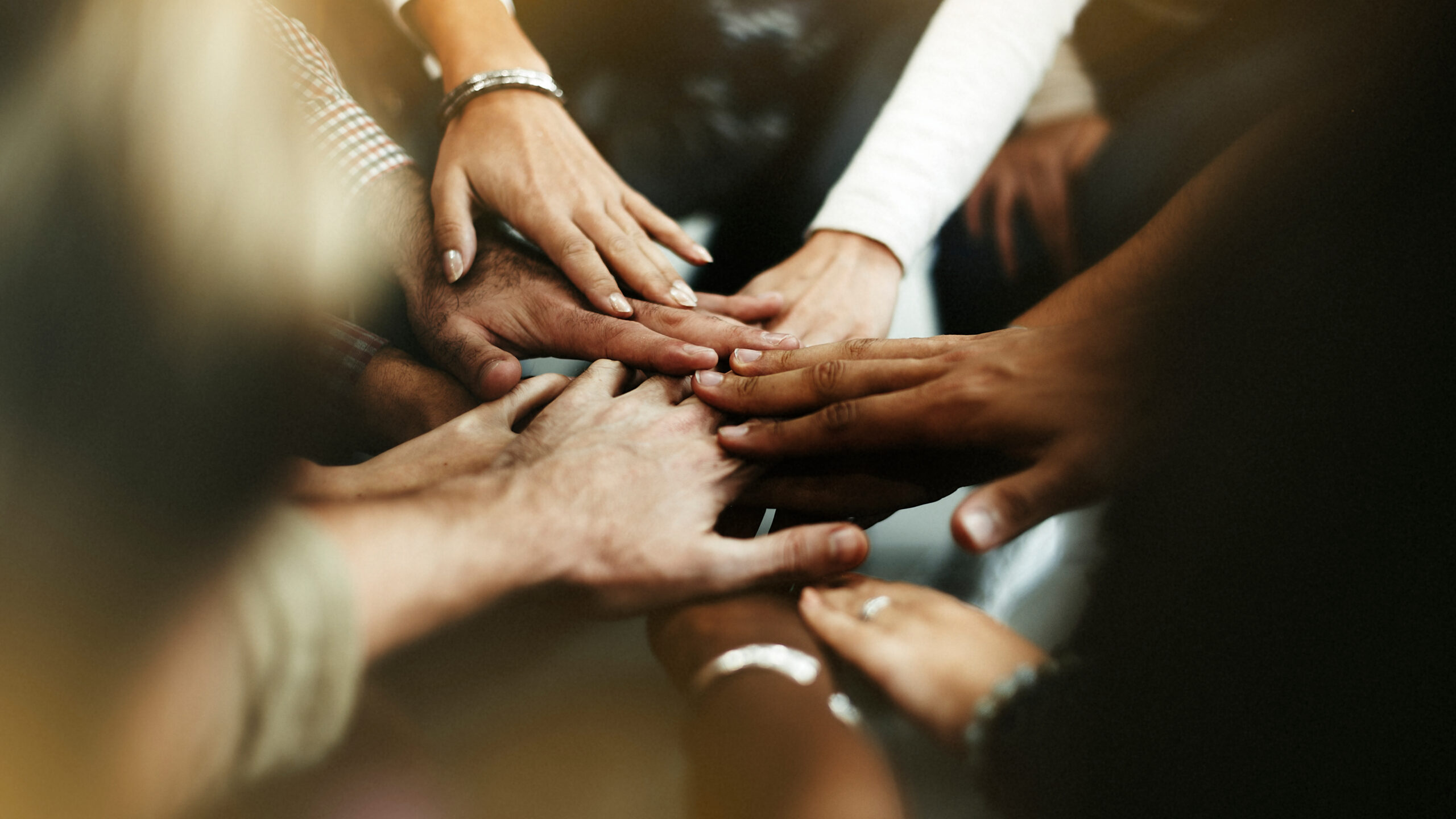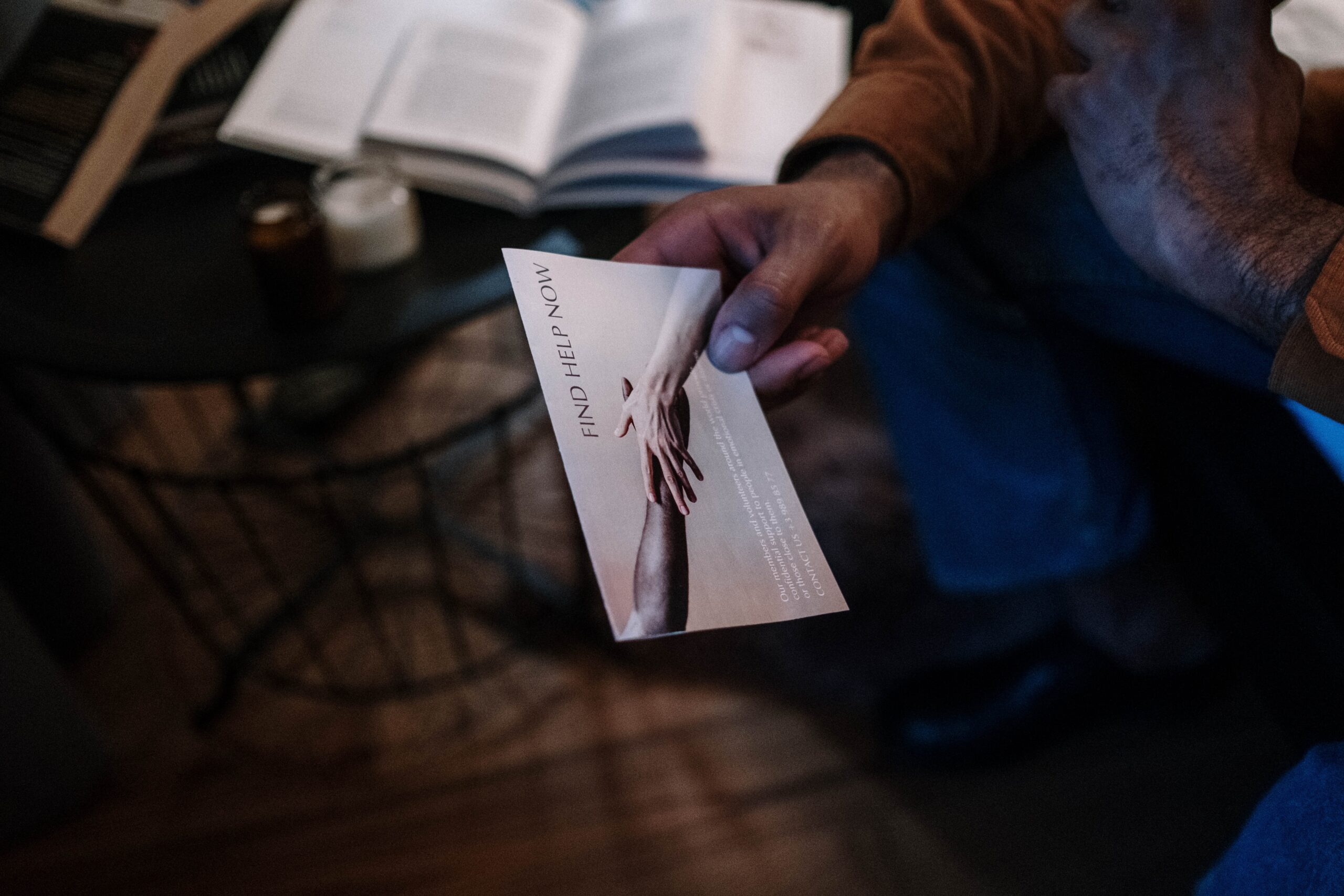By guest writer Jan Brown, Founder/Executive Director of
SpiritWorks Foundation Center for the Soul
I was recently in a meeting regarding DEI [Diversity, Equity, and Inclusion] education and curriculum development. One of the people in attendance told the group, “People are getting burnt out by the topic”. Appalled, I did not do well to manage my facial expression. Fortunately, one of my black colleagues gave voice to what we were both thinking, “Some of us cannot get burnt out by the topic, we live it every day.”
July marks National Minority Mental Health Awareness Month, which was established in 2008 by Congress as the Bebe Moore Campbell National Minority Mental Health Awareness Month. Under a different name, BIPOC Mental Health Month serves to bring awareness to the unique struggles that racial and ethnic minority communities face regarding mental illness in the United States. Addiction and substance use disorders are classified as mental illnesses because of how addiction changes the brain in long-lasting and fundamental ways.
Racial and ethnic minority communities are used to refer to the non-white communities, Hispanic, Black, Asian, American Indian/Alaska Natives, and Native Hawaiian/Pacific Islander. The acronym POC [People of Color] is also used to identify racial and ethnic minority communities. It is a historic umbrella term to refer to all people of color. Now a different acronym is gaining traction – BIPOC which stands for Black, Indigenous, and People of Color. Widely growing in use among young people, the acronym is used to emphasize that not all people of color experience equal levels of injustice as it recognizes that black and indigenous people are severely impacted by systemic injustice.
 Throughout the month of July, there are countless resources, toolkits, and opportunities to participate in the observance. Mental Health America's theme this year is Culture, Community & Connection. It honors the pillars of strength and excellence that are to be uplifted and celebrated by everyone in the United States, especially those experiencing “burnout,” not only during BIPOC Mental Health Month.
Throughout the month of July, there are countless resources, toolkits, and opportunities to participate in the observance. Mental Health America's theme this year is Culture, Community & Connection. It honors the pillars of strength and excellence that are to be uplifted and celebrated by everyone in the United States, especially those experiencing “burnout,” not only during BIPOC Mental Health Month.
The Census Bureau projects that the BIPOC population will become the “minority-majority” by the 2050s, meaning there will be more BIPOC in the United States than non-Hispanic white people. It is critical that we, as a nation, improve BIPOC mental health and access to mental health and addiction treatment services. We do so by eliminating disparities within all health services delivery systems, dismantling systemic racial injustices, and celebrating our differences.
Now is the time. We are the reason. Join us as we commit ourselves to the recalibration and celebration of National Minority Mental Health Awareness Month to BIPOC Mental Health Month – our opportunity to address the unique experiences of mental health and overall wellness within the BIPOC community.
